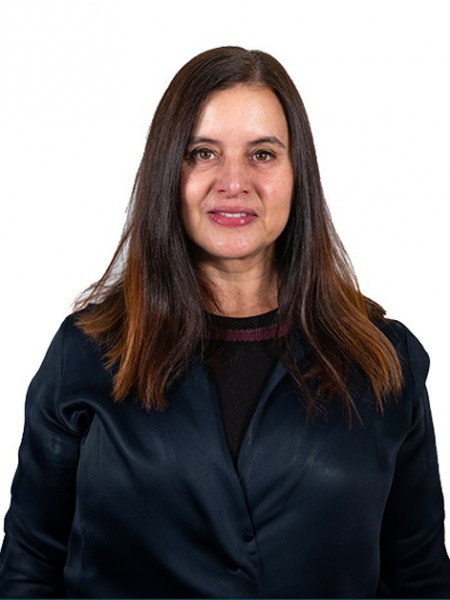abstract
Nowadays, rehabilitation in historic centers can become a challenge due to the restrictions concerning the requirements for the building envelope. Portugal has conducted studies to define the maximum U values [W/(m(2) K)] for single building components based on the indoor temperature. Despite the relative humidity being crucial for thermal comfort, the current Portuguese scheme for energy certification of buildings does not consider it. Additionally, it is essential to know that most of the dwellings in Portugal are in a fleet-float regime due to cultural habits and energy poverty. Therefore, increasing the insulation thickness of exterior walls might not have a relevant impact on the indoor temperature. There is even the risk of harming the authenticity of the built heritage. Using a calibrated dynamic simulation model developed with TRNSYS software, we found that, in winter, the effect of external wall insulation on the indoor temperature is tiny. Results suggest that maximum U values [W/(m(2) K)] for exterior walls might be over-defined. Further studies of cost-optimal levels should be conducted with calibrated models in a free-float regime to define the maximum U values [W/(m(2) K)] of external walls for this type of buildings. (C) 2022 The Author(s). Published by Elsevier Ltd.
subject category
Energy & Fuels
authors
dos Reis, AS; Vaquero, P; Dias, MF; Tavares, A; Costa, A; Fonseca, J
our authors
acknowledgements
This work was supported by GOVCOPP, Portugal (project POCI-01-0145-FEDER-008540), financed by FEDER funds, through COMPETE2020 - Competitiveness and Internationalization Operational Program (POCI) and by national funds through the Foundation for Science and Technology (FCT), Portugal.; The author Alice Tavares thanks the financial support through a postdoctoral grant to FCT, MCTES, FSE funds, through Regional Operational Program Centro and the EU, Portugal, as well as to CICECO and the RISCO from the University of Aveiro, Portugal.


